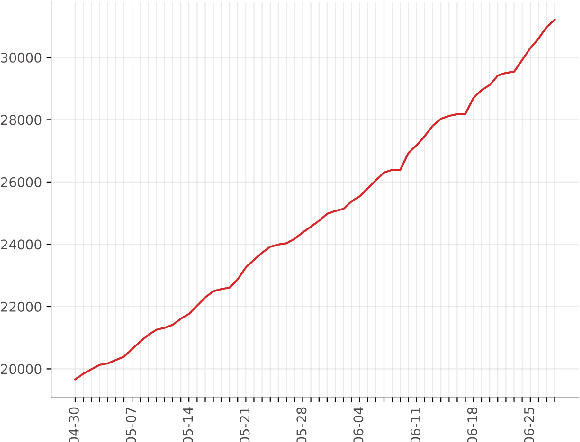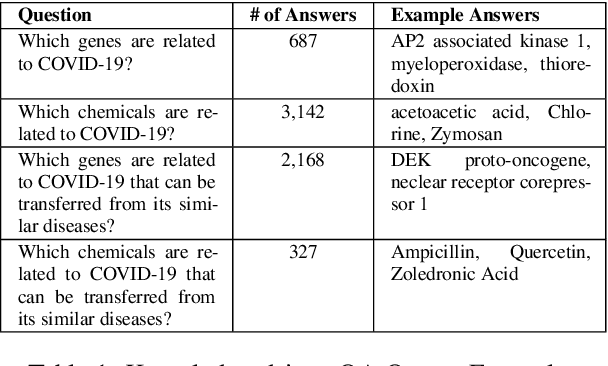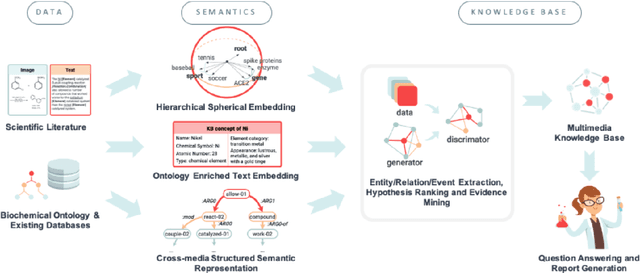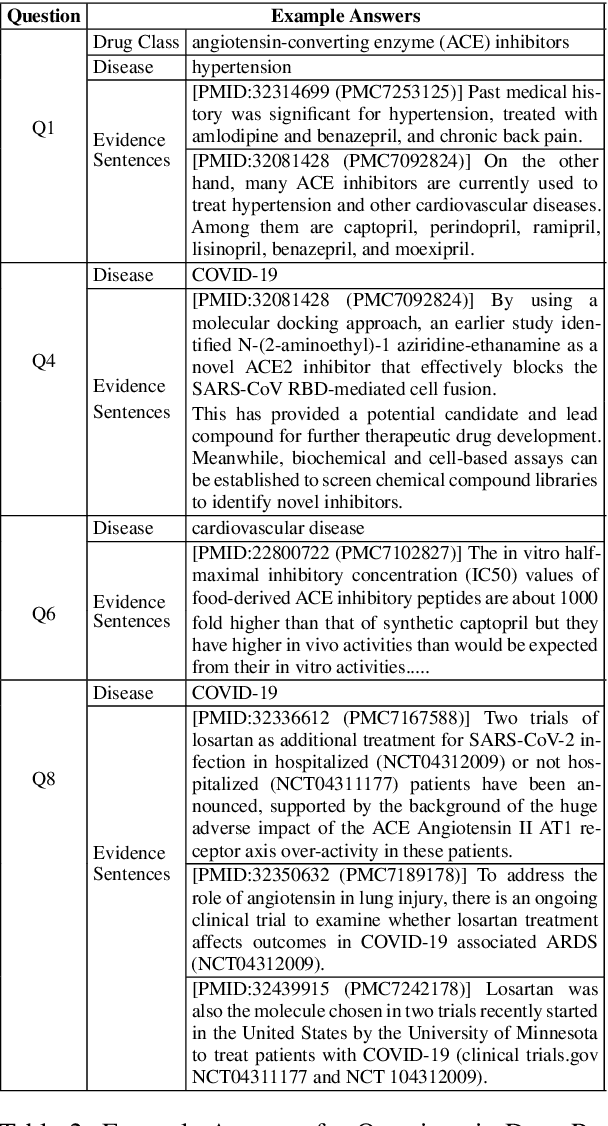Ahmed Elsayed
Context Matters: Peer-Aware Student Behavioral Engagement Measurement via VLM Action Parsing and LLM Sequence Classification
Jan 10, 2026Abstract:Understanding student behavior in the classroom is essential to improve both pedagogical quality and student engagement. Existing methods for predicting student engagement typically require substantial annotated data to model the diversity of student behaviors, yet privacy concerns often restrict researchers to their own proprietary datasets. Moreover, the classroom context, represented in peers' actions, is ignored. To address the aforementioned limitation, we propose a novel three-stage framework for video-based student engagement measurement. First, we explore the few-shot adaptation of the vision-language model for student action recognition, which is fine-tuned to distinguish among action categories with a few training samples. Second, to handle continuous and unpredictable student actions, we utilize the sliding temporal window technique to divide each student's 2-minute-long video into non-overlapping segments. Each segment is assigned an action category via the fine-tuned VLM model, generating a sequence of action predictions. Finally, we leverage the large language model to classify this entire sequence of actions, together with the classroom context, as belonging to an engaged or disengaged student. The experimental results demonstrate the effectiveness of the proposed approach in identifying student engagement.
Leveraging machine learning to enhance climate models: a review
Nov 15, 2023Abstract:Recent achievements in machine learning (Ml) have had a significant impact on various fields, including climate science. Climate modeling is very important and plays a crucial role in shaping the decisions of governments and individuals in mitigating the impact of climate change. Climate change poses a serious threat to humanity, however, current climate models are limited by computational costs, uncertainties, and biases, affecting their prediction accuracy. The vast amount of climate data generated by satellites, radars, and earth system models (ESMS) poses a significant challenge. ML techniques can be effectively employed to analyze this data and extract valuable insights that aid in our understanding of the earth climate. This review paper focuses on how ml has been utilized in the last 5 years to boost the current state-of-the-art climate models. We invite the ml community to join in the global effort to accurately model the earth climate by collaborating with other fields to leverage ml as a powerful tool in this endeavor.
Occlusion Aware Student Emotion Recognition based on Facial Action Unit Detection
Jul 18, 2023



Abstract:Given that approximately half of science, technology, engineering, and mathematics (STEM) undergraduate students in U.S. colleges and universities leave by the end of the first year [15], it is crucial to improve the quality of classroom environments. This study focuses on monitoring students' emotions in the classroom as an indicator of their engagement and proposes an approach to address this issue. The impact of different facial parts on the performance of an emotional recognition model is evaluated through experimentation. To test the proposed model under partial occlusion, an artificially occluded dataset is introduced. The novelty of this work lies in the proposal of an occlusion-aware architecture for facial action units (AUs) extraction, which employs attention mechanism and adaptive feature learning. The AUs can be used later to classify facial expressions in classroom settings. This research paper's findings provide valuable insights into handling occlusion in analyzing facial images for emotional engagement analysis. The proposed experiments demonstrate the significance of considering occlusion and enhancing the reliability of facial analysis models in classroom environments. These findings can also be extended to other settings where occlusions are prevalent.
COVID-19 Literature Knowledge Graph Construction and Drug Repurposing Report Generation
Jul 06, 2020



Abstract:To combat COVID-19, clinicians and scientists all need to digest the vast amount of relevant biomedical knowledge in literature to understand the disease mechanism and the related biological functions. We have developed a novel and comprehensive knowledge discovery framework, COVID-KG, which leverages novel semantic representation and external ontologies to represent text and images in the input literature data, and then performs various extraction components to extract fine-grained multimedia knowledge elements (entities, relations and events). We then exploit the constructed multimedia KGs for question answering and report generation, using drug repurposing as a case study. Our framework also provides detailed contextual sentences, subfigures and knowledge subgraphs as evidence. All of the data, KGs, resources, and shared services are publicly available.
 Add to Chrome
Add to Chrome Add to Firefox
Add to Firefox Add to Edge
Add to Edge